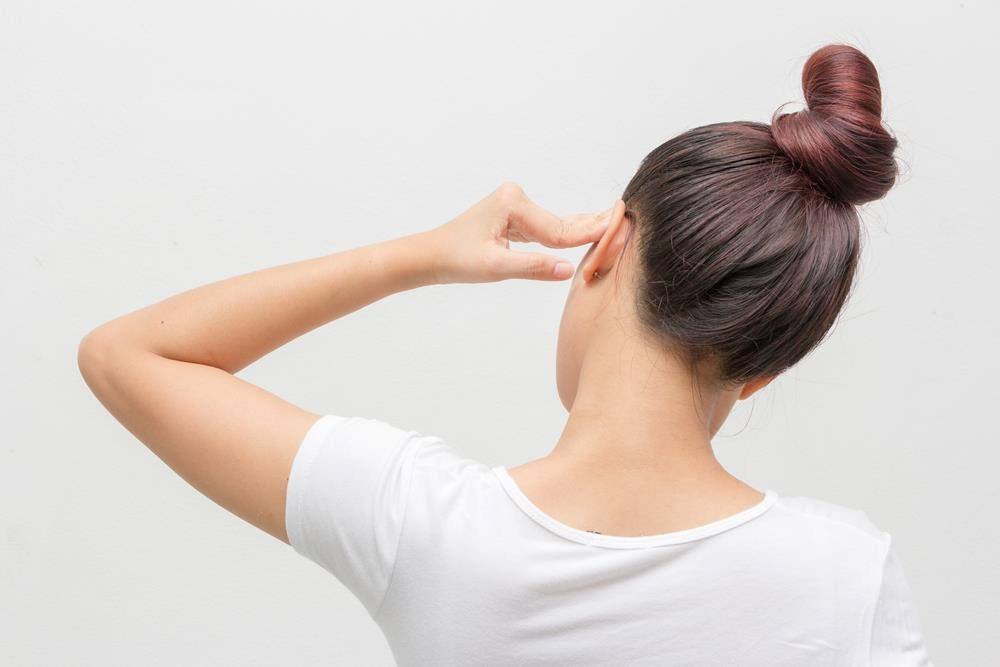Choose the best ear plugs for your environment
Surrounded by noise we find ourselves in environments of excessive amounts of loud noise, commuting to work, festivals, concerts, the gym and loud workplaces.
With the wide range of different levels of noise it should be no surprise that one ear plug cannot fit all. In workplace environments with loud noise such as machinery, we should be using completely different types of ear plugs compared to if we were going out with friends to attend a concert. With the wide range of ear plugs on the market, how do you actually figure out which types of ear plugs should be used in which environment?
Some years ago, I became very frustrated trying different types of ear plugs at music concerts. It wasn’t until I started researching more about how to protect my ears in loud environments that I realised that I was using hearing protection for workers on building sites!
As you can imagine this was very embarrassing and frustrating as I was advised to use this type of ear plug at a concert. Thankfully times have moved on and there is now a clearer distinction between the different types of ear plugs to use in certain situations so it’s easier to find the best ear plugs for your specific environment.
What is considered excessive noise?
If you work in an environment with loud noise then according to the Occupational Safety and Health Administration all employees should be protected if exposed to noise exposure to 85 Decibels or more. This is equivalent to the sound of a lawnmower and underground trains.
See below for examples of noise levels and the damage they can do to ears.
Going through some of the situations this shows the importance of protecting our ears in certain environments. If we work in any of the following industries – music, building, engineering – then we should be protecting our ears with the best ear plugs for each environment in order to minimise the damage to our ears.
How can I tell if sounds are too loud?
If you can’t talk to people two metres away without shouting because of the background noise, this could mean noise levels are hazardous.
If you have been to a gig, concert, or club and leave to find your ears ringing or your hearing becomes muffled, then this is your ears telling you the environment you were in was too loud. If you experience this often after a night out then you may already have caused some kind of damage to your ears.
Finding the best ear plugs for you
To protect ourselves in the best possible way, it’s important to understand which types of ear plugs should be used in each environment.
From the different types of ear plugs above it’s easy to understand why so many people get confused about the best ear plugs to wear in each situation.
Unfortunately when people have a negative experience when wearing ear plugs, they don’t tend to use them again. As a result they leave themselves exposed to damaging their ears.
Why is protecting our ears so important?
According to a recent study from the British Tinnitus Association, 32,000 new cases of tinnitus were reported in 2016 and this number is expected to rise over time. A further 20,000 people suffer from Noise Induced Hearing Loss in the workplace, according to HSE.
Although it’s not known how many of the affected people have tinnitus as a result of exposure to loud noise, an excessive amount of loud noise is the most common reason why people go on to develop tinnitus.
If you find yourself working or enjoying loud environments then it’s important to protect your ears from long term health damage with the best ear plugs for that environment.
If you work in loud environments then your employer should be providing such equipment however if you’re attending a club, a concert, or you’re a musician, then it’s down to you to protect yourself in this environment with the best ear plugs you can buy.





Trackbacks & Pingbacks
[…] READ MORE […]
Leave a Reply
Want to join the discussion?Feel free to contribute!